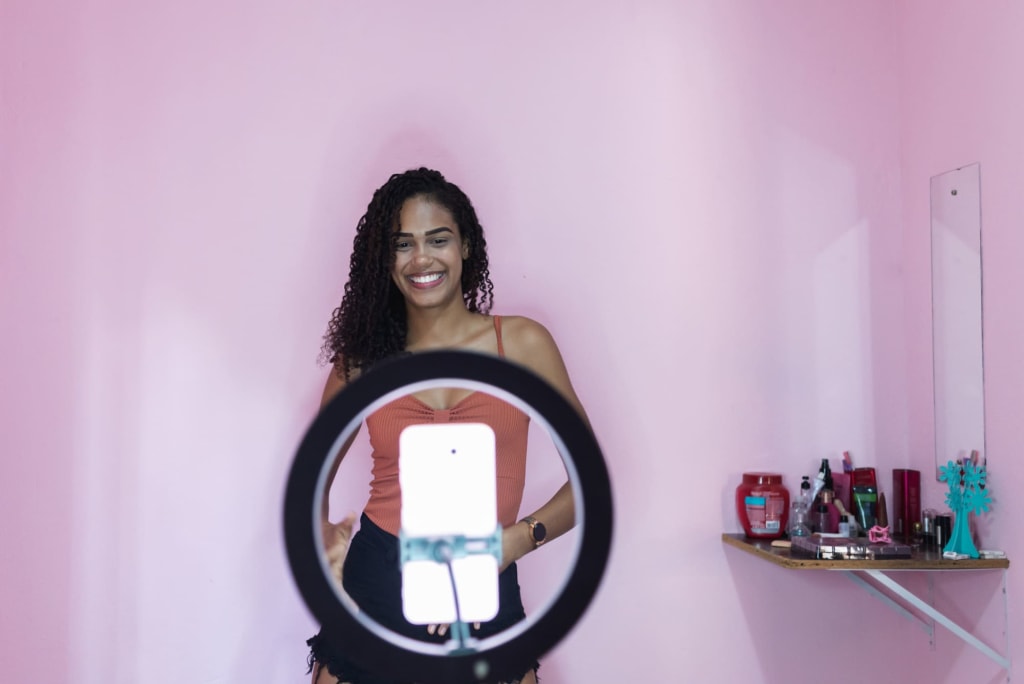TikTok has recently updated its community guidelines to ban misgendering, a move that has been widely praised by LGBTQ+ activists and allies. While this is a step in the right direction for promoting inclusivity and acceptance on the popular social media platform, it also highlights the digital gap that exists for LGBTQ+ students.
Misgendering refers to the act of using language or pronouns that do not align with an individual’s gender identity. This can be incredibly harmful and invalidating for transgender and non-binary individuals. By banning misgendering, TikTok is taking a stand against this form of discrimination and creating a safer online space for LGBTQ+ users.
However, this ban also sheds light on the fact that misgendering is still a pervasive issue in the digital world, especially for young people who may already be navigating their identity and facing challenges in their offline lives. For many LGBTQ+ students, social media platforms like TikTok are an important place for expression, community building, and support. When these spaces are not inclusive and respectful, it can have a significant impact on their mental health and well-being.
The digital gap for LGBTQ+ students is evident in the lack of protection and support they receive online. While platforms like TikTok are taking steps to address issues of misgendering, there is still a long way to go in terms of creating truly inclusive and affirming digital environments for all users. It is essential for tech companies to prioritize the safety and well-being of LGBTQ+ individuals and to work towards creating online spaces that are free from discrimination and harassment.
In addition to implementing policies against misgendering, social media platforms should also provide resources and support for LGBTQ+ users, including access to mental health resources, community groups, and educational content. By taking a holistic approach to supporting LGBTQ+ individuals online, tech companies can help bridge the digital gap and create a more inclusive and affirming digital landscape for all users.
Overall, TikTok’s new ban on misgendering is a positive step towards promoting inclusivity and acceptance on the platform. However, it also serves as a reminder of the ongoing challenges faced by LGBTQ+ students in the digital world. By continuing to advocate for the rights and protection of LGBTQ+ individuals online, we can work towards creating a more inclusive and affirming digital space for everyone.
